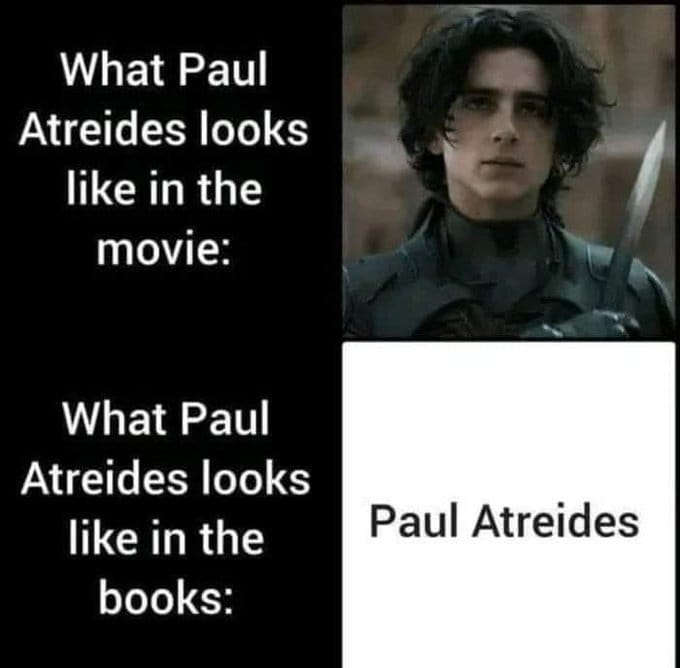Modern Moral Reasoning: Jonathan Haidt
Jonathan Haidt gave a talk sponsored by Edge.org on moral psychology.
I have mixed feelings about Edge. The organization seems like it collects all of my natural enemies in one place, because it is the altar of scientism. But, they do sometimes produce really interesting ideas.
Haidt thinks the paper about the WEIRD people should be required reading for everyone in his field, posted like the minimum wage laws are in every departmental office.
Haidt also complains about the thinness of modern moral discourse, in its two primary varieties of utilitarianism and deontology. Haidt is all for virtue ethics.
Virtue theories are about training the elephant. Virtue theories are about cultivating habits, not just of behavior, but of perception. So, to develop the virtue of kindness, for example, is to have a keen sensitivity to the needs of other people, to feel compassion when warranted, and then to offer the right kind of help with a full heart.
Utilitarianism and deontology, by contrast, are not about the elephant at all. They are instruction manuals for riders. They say, "here's how you do the calculation to figure out the right thing to do, and just do it." Even if it feels wrong. "Tell the truth, even if it's going to hurt your friends," say some deontologists. "Spend less time and money on your children, so that you have more time and money to devote to helping children in other countries and other continents, where you can do more good." These may be morally defensible and logically defensible positions, but they taste bad to most people. Most people don't like deontology or utilitarianism.
This is pretty good stuff. But, I can't read something like this without feeling a little frustrated. Edge.org gets together eminent but controversial thinkers, but the things Haidt is talking about are unsurprising to me; they are standard ideas in Aristolelianism and Thomism. Old hat even. Human beings are poor at reasoning and largely self-interested in selecting conclusions? I read that in the Summa. "Barely an intellect" is the phrase St. Thomas used to describe our reasoning abilities.
At the end of his talk, Haidt asks for help finding all the contradictory evidence he missed. This is instead, all the confirmatory evidence he missed.

Comments ()